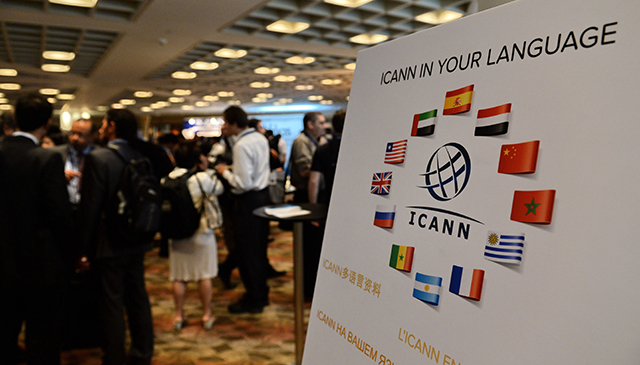Here are three rules to live by for the Internet:
- Keep it regulation-free;
- Keep it tax-free; and
- Keep it censorship-free.
All of these sensible guidelines could be jeopardized by a new Obama Administration proposal to hand over some control of Internet usage, as well as the assignation of domain names, to a World Wide Web version of the United Nations or the Law of the Sea Treaty.
This isn’t my opinion—It’s that of former President Bill Clinton and the heads of some of the most revered and financially successful Internet companies. At a Clinton Global Initiatives conference this weekend, Mr. Clinton warned that the Obama administration’s proposal could mean giving more power to “governments that want to gag people and restrict access to the Internet.” His advice: leave what has worked well enough alone.
Jimmy Wales, the president of Wikipedia, issued the same warning. One concern is that rogue nations will now have an easier time regulating content on the Web, and, subsequently, suppressing political opposition. It’s hard to find too many instances when international organizations or governing panels have stood up to human rights violations by dictators and despots.
On Fox News Channel yesterday, a puzzled Bill Hemmer asked me why the Obama administration would even suggest such a power hand-off? I was, frankly, stumped. The White House rebuts charges that this move will jeopardize Internet freedom in the U.S., but why even take that chance? Since 1998 the U.S. Department of Commerce has been an effective and fair-minded traffic cop of Internet usage; things can only be made worse by shifting control to an international governing body.
This is another one of those pen and pulpit executive decisions by a White House that believes it has unilateral authority to supersede Congress. But here is an issue that is teed up for a principled congressional resistance. Republicans should be pressing legislation to keep the Internet free from foreign interference and disruption. Let Harry Reid, the Democratic Senate majority leader from Nevada, explain why he and his colleagues want to cede control of the Internet to foreign influences.
The Internet is an unparalleled force for promoting liberty, and it is in America’s economic and national security interests to prevent control of the Web from being handed over to an international governing organization.
This is a point that Mr. Clinton has stressed in recent days—and an issue on which the former president is right, and the current one is dead wrong.






























